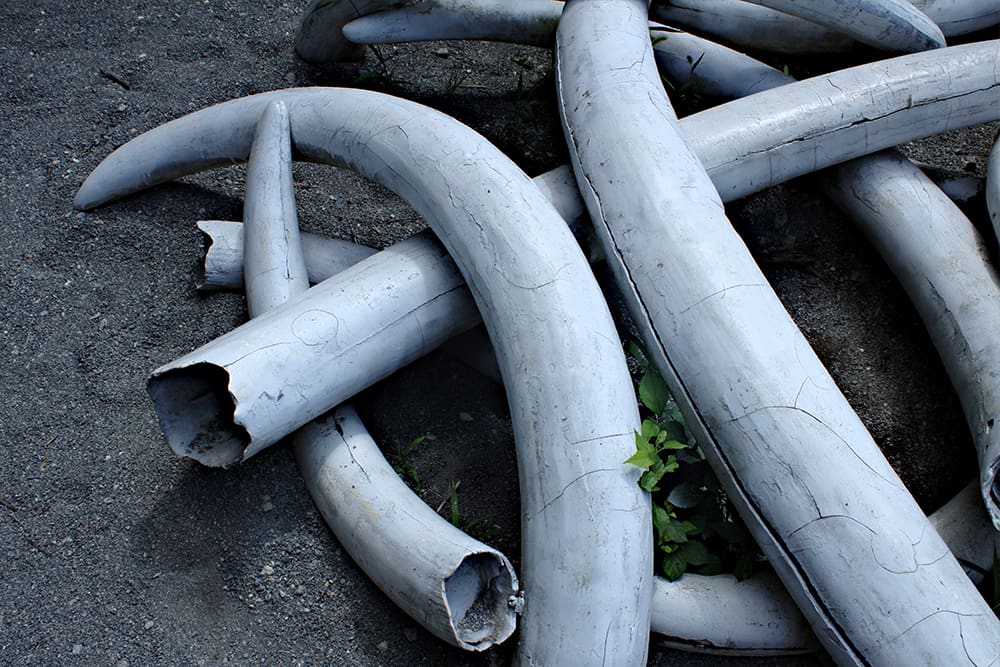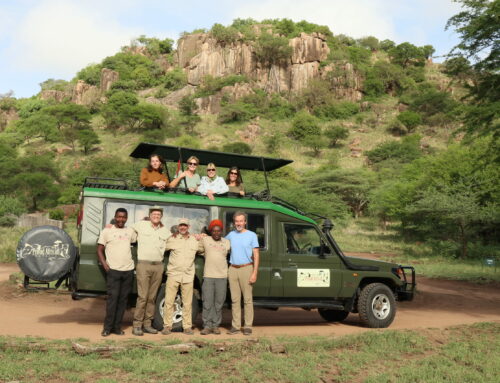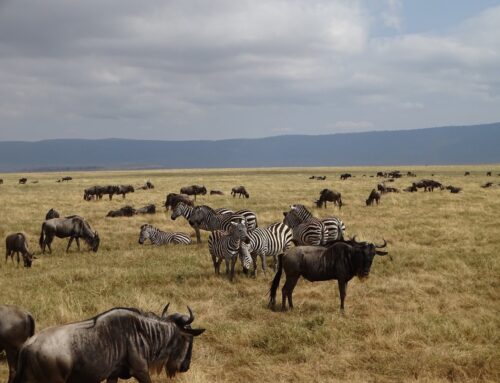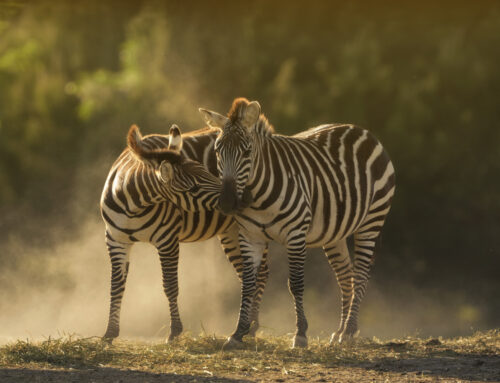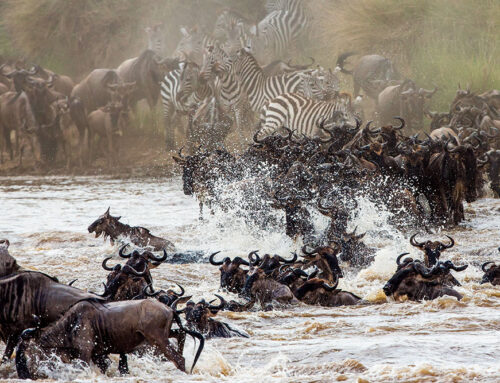Thanks to a soaring demand for illegal wildlife products and a rapid decrease of key species throughout the forest and savannah lands, the African Wildlife Foundation has pledged $25 million to stop the illegal wildlife trade in Africa.
President Kaddu Sebunya of the AWF while speaking at the Illegal Wildlife Trade conference in London said- “We are seeing recovery and stabilization of some critical wildlife populations. We know what is working and it’s time to scale up the investment to combat this serious threat,”
While he acknowledged that world-wide collations have done much to stop the spread of the illegal trade, he also emphasized the importance of this project to be African led and African owned.
Through anti-poaching efforts funded by the AWF and other local partners, certain species are starting to stabilize and recover. Such as the 10 elephant populations that have been the focus of conservation efforts whose numbers have stabilized and have even started to increase.
Dr. Philip Maruthi, the AWF’s Chief Scientist pointed to multi-level approach that the AWF sees as African wildlife’s best chance. These approaches combine searching for and convicting poachers with limiting the ability to trade in illegal wildlife products.
By working with key players and dampening the demand for these products, Maruthi hopes to put a serious dent in the trade, and ultimately eliminating it altogether.
This $25 million investment, scheduled to roll out over four years, comes on the heels of the further $13.1 million that the AWF has already put forward in its conservation efforts.
That money will be targeted at building African leadership, protecting habitats and key populations of Rhinos, Elephants, Great Apes, Large Carnivores and Giraffes as well as enhancing the detection of wildlife crimes and strengthening the prosecution of those implicated.
Thorough these monumental efforts, hopefully African wildlife can continue to thrive on the great continent for generations to come.
If you’re interested in learning more about wildlife trade in Africa, reach out to us here and we can tell you anything you’d like to know!
Thanks to a soaring demand for illegal wildlife products and a rapid decrease of key species throughout the forest and savannah lands, the African Wildlife Foundation has pledged $25 million to stop the illegal wildlife trade in Africa.
President Kaddu Sebunya of the AWF while speaking at the Illegal Wildlife Trade conference in London said- “We are seeing recovery and stabilization of some critical wildlife populations. We know what is working and it’s time to scale up the investment to combat this serious threat,”
While he acknowledged that world-wide collations have done much to stop the spread of the illegal trade, he also emphasized the importance of this project to be African led and African owned.
Through anti-poaching efforts funded by the AWF and other local partners, certain species are starting to stabilize and recover. Such as the 10 elephant populations that have been the focus of conservation efforts whose numbers have stabilized and have even started to increase.
Dr. Philip Maruthi, the AWF’s Chief Scientist pointed to multi-level approach that the AWF sees as African wildlife’s best chance. These approaches combine searching for and convicting poachers with limiting the ability to trade in illegal wildlife products.
By working with key players and dampening the demand for these products, Maruthi hopes to put a serious dent in the trade, and ultimately eliminating it altogether.
This $25 million investment, scheduled to roll out over four years, comes on the heels of the further $13.1 million that the AWF has already put forward in its conservation efforts.
That money will be targeted at building African leadership, protecting habitats and key populations of Rhinos, Elephants, Great Apes, Large Carnivores and Giraffes as well as enhancing the detection of wildlife crimes and strengthening the prosecution of those implicated.
Thorough these monumental efforts, hopefully African wildlife can continue to thrive on the great continent for generations to come.
If you’re interested in learning more about wildlife trade in Africa, reach out to us here and we can tell you anything you’d like to know!

